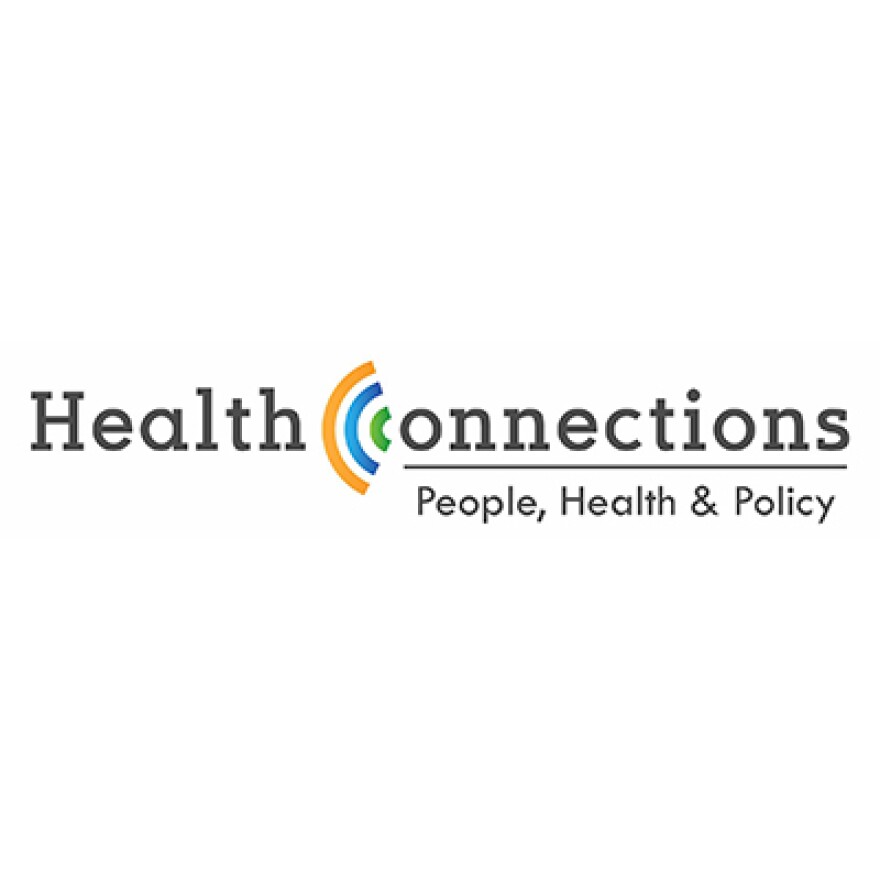Dr. Carole Myers
Welcome to Health Connections, the show about people health and policy. I'm Dr Carol Myers. Today I'm joined by Jeremy Kourvelas, substance abuse coordinator for the smart policy network, which is an initiative of the University of Tennessee Institute for Public Service. Today, Jeremy and I are going to discuss overdose deaths in Tennessee. Jeremy, Welcome to Health Connections.
Jeremy Kourvelas
Hello, Dr Myers, a pleasure to be here.
In the recent past, Tennessee has consistently ranked among the states with the highest substance misuse rates and drug overdose deaths. Are we seeing any progress in addressing substance misuse and overdose deaths?
Fortunately, we are we've seen a reduction at the national level by 26% whereas Tennessee has actually come down by about 31.1% that tells us a lot about our policies that are working. A lot of that success can be attributed directly to naloxone distribution, both the community, state levels, but at the same time, while we should celebrate our successes, the non fatal overdose rate has only come down by about 17% but we can say for sure that while we're doing an excellent job bringing down the fatal overdoses, there's still a lot of substance use out there. And a recent analysis, a separate one, found that the rate of opioid use disorder diagnosis is the highest in Tennessee, which tells us that we are connecting people to treatment. You need to see a provider to get a diagnosis, but at the same time, there's still a lot of underlying problem.
And then you're making a distinction between fatal overdoses and non fatal overdoses, and that's a recent nuance.
Yeah, and this is particularly important given that we're seeing more than just fentanyl in the drug supply. Fentanyl has gotten a lot of attention, and recently, I'd say, at least in Tennessee, in some circles, you hear increasingly about xylazine, the veterinarian tranquilizer, sometimes called "Trank" that presents like an opioid and is often found in conjunction with fentanyl, but does not respond to Naloxone. So there are other drugs out there causing overdoses, causing people to lose consciousness and even expire, that are not necessarily opioids.
What has contributed to the improvement in the overdose death rate?
There's been a huge conversation around reducing stigma that I think has been very effective. We've seen unity across the country, federal and state and local levels, showing support for fighting back against overdoses, getting people into care, and that goes a long way to connecting people to resources that already exist. And simultaneously, we're seeing historic investments, not just in the context of the opioid settlements, which are tremendous. We're getting over a billion dollars to Tennessee. On top of that, we're also seeing massive federal influxes of investment into recovery, prevention and treatment and law enforcement support to disrupt the illicit drug supply.
As we look at the fact that we've seen some improvements, but there's concerns that there's still things we need to address. What is the priority for driving a continued, sustainable decline in overdose deaths and substance misuse?
On the one hand, we can't take our foot off the gas with Naloxone, as I mentioned, if the fatal overdose rate is coming down at really high rates, but the non fatals are kind of lagging behind. That tells us, if we turn off the tap of this life saving antidote, then we can probably expect those fatal overdoses to jump right back up. On the other hand, we do actually still need to increase our investment and access to recovery support, I would say, particularly housing recovery, housing long term treatment accessibility. This is even though we've done a lot at the policy level to improve access to medications for opioid use disorder, the uptake of that treatment is still lagging behind, and so far, has not meaningfully contributed to that reduction of fatal overdoses.




